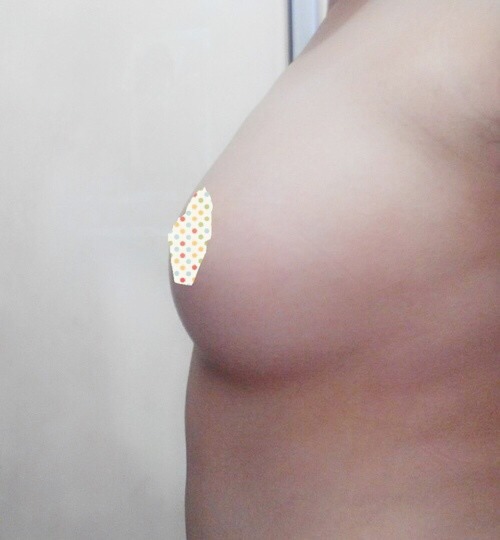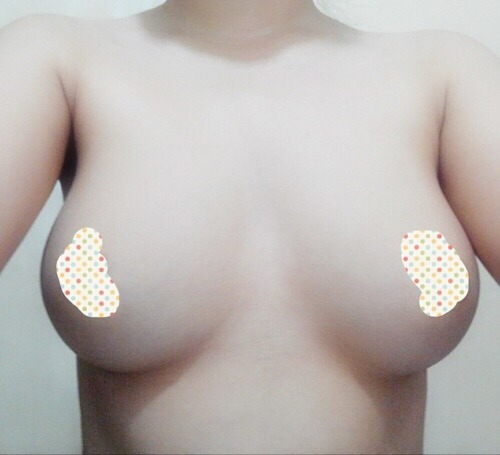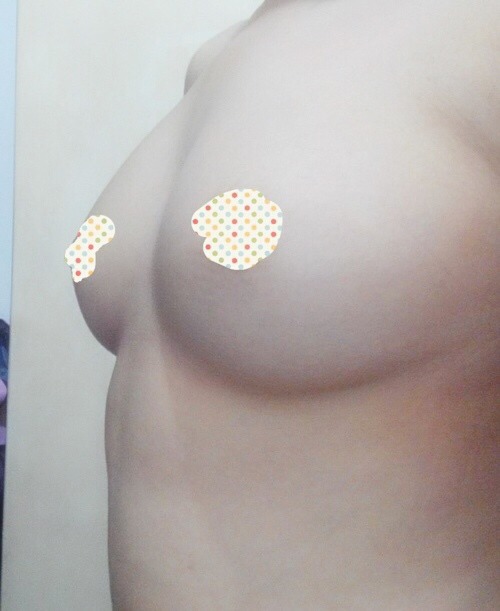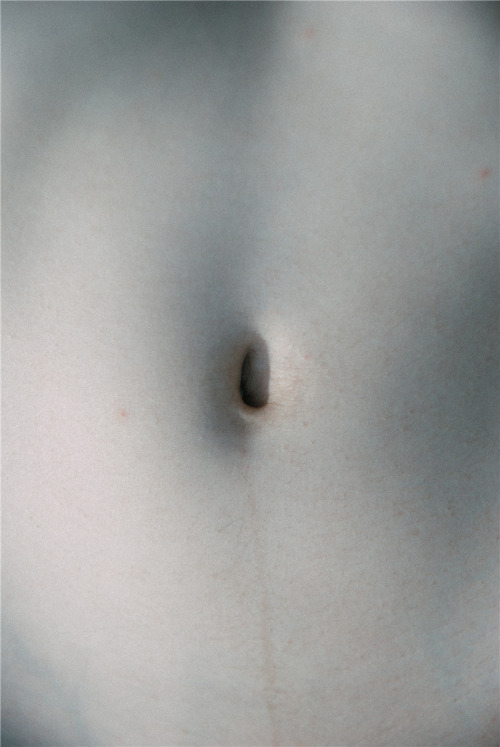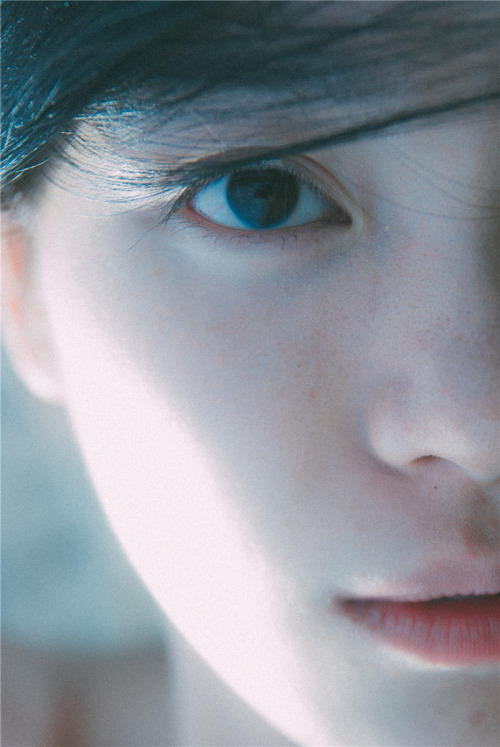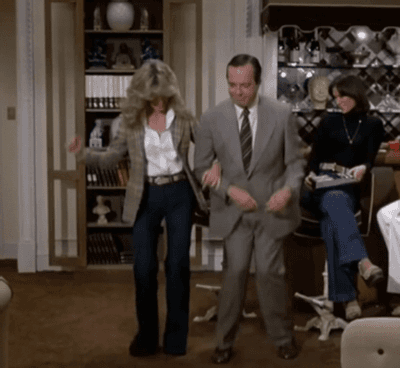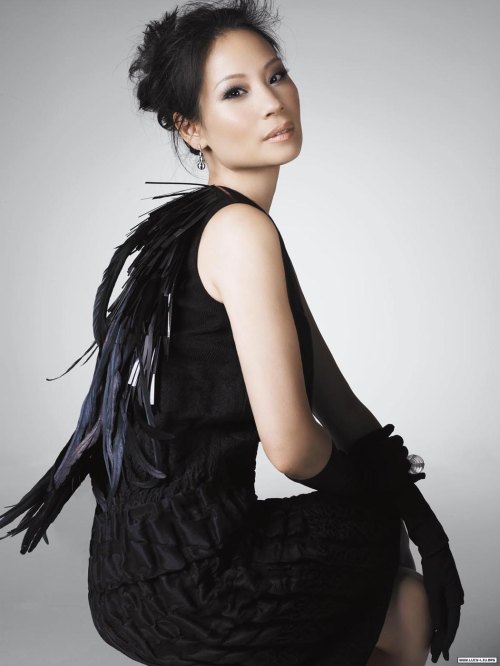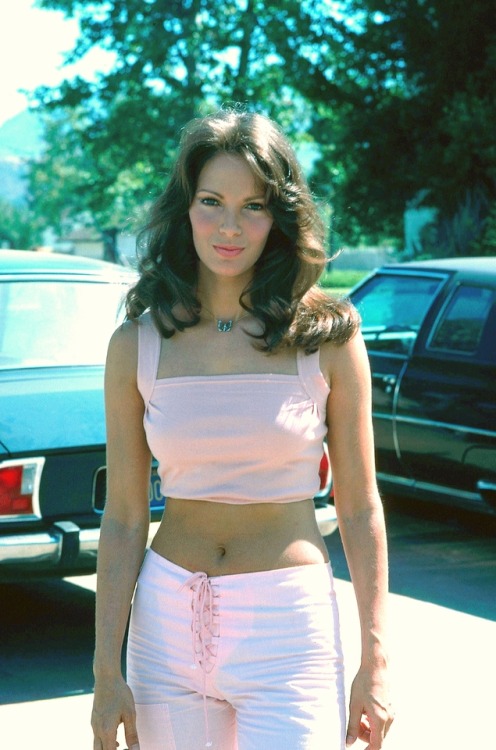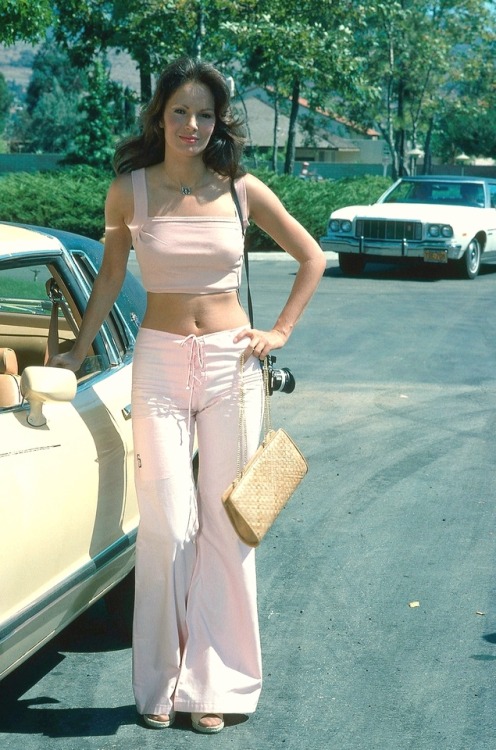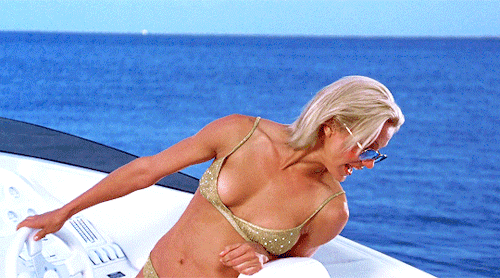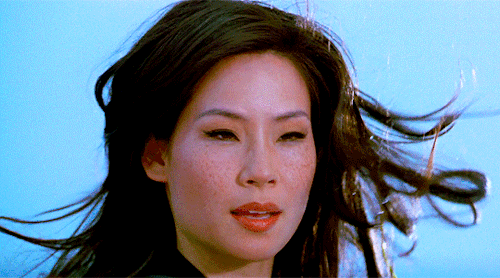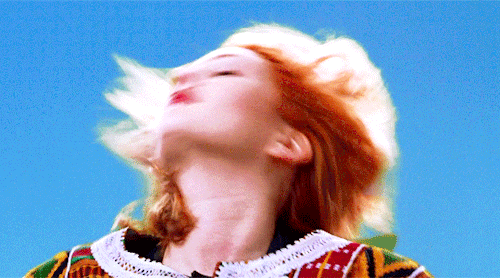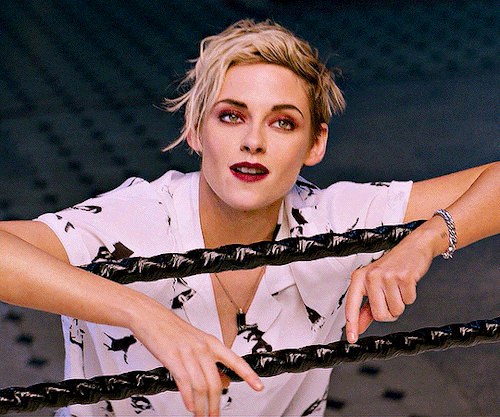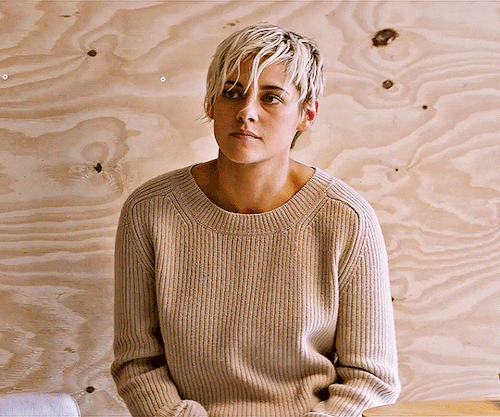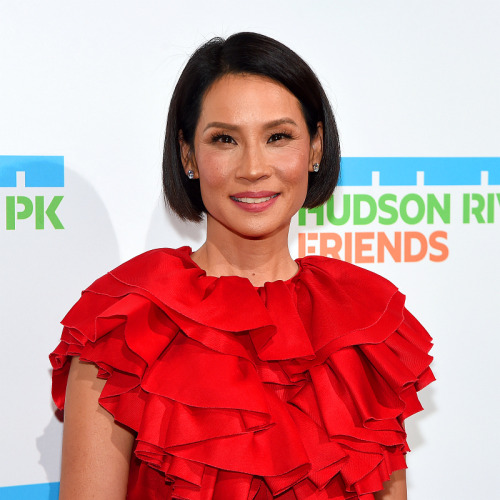#charlies angels
Lucy Liu is an award-winning actress, director and visual artist.
When I was growing up, no one on television, in movies, or on magazine covers looked like me or my family. The closest I got was Jack Soo from “Barney Miller,” George Takei of “Star Trek” fame, and most especially the actress Anne Miyamoto from the Calgon fabric softener commercial. Here was a woman who had a sense of humor, seemed strong and real, and had no discernible accent. She was my kid hero, even if she only popped up on TV for 30 seconds at random times.
As a child, my playground consisted of an alleyway and a demolition site, but even still, my friends and I jumped rope, played handball and, of course, reenacted our own version of “Charlie’s Angels”; never dreaming that some day I would actually become one of those Angels.
I feel fortunate to have “moved the needle” a little with some mainstream success, but it is circumscribed, and there is still much further to go. Progress in advancing perceptions on race in this country is not linear; it’s not easy to shake off nearly 200 years of reductive images and condescension.
In 1834, Afong Moy, the first Chinese woman known to have immigrated to the United States, became a one-person traveling sideshow. She was put on display in traditional dress, with tiny bound feet “the size of an infant’s,” and asked to sing traditional Chinese songs in a box-like display. In Europe, the popularity of chinoiserie and toile fabrics depicting scenes of Asian domesticity, literally turned Chinese people into decorative objects. As far back as I can see in the Western canon, Chinese women have been depicted as either the submissive lotus blossom or the aggressive dragon lady.
Today, the cultural box Asian Americans and Pacific Islanders find themselves in is more figurative than the box Afong Moy performed in, but it is every bit as real and confining.
Recently, a Teen Vogue op-ed examining how Hollywood cinema perpetuates Asian stereotypes highlighted O-Ren Ishii, a character I portrayed in “Kill Bill,” as an example of a dragon lady: an Asian woman who is “cunning and deceitful … [who] uses her sexuality as a powerful tool of manipulation, but often is emotionally and sexually cold and threatens masculinity.”
“Kill Bill” features three other female professional killers in addition to Ishii. Why not call Uma Thurman, Vivica A. Fox or Daryl Hannah a dragon lady? I can only conclude that it’s because they are not Asian. I could have been wearing a tuxedo and a blond wig, but I still would have been labeled a dragon lady because of my ethnicity. If I can’t play certain roles because mainstream Americans still see me as Other, and I don’t want to be cast only in “typically Asian” roles because they reinforce stereotypes, I start to feel the walls of the metaphorical box we AAPI women stand in.
Anna May Wong, my predecessor and neighbor on the Hollywood Walk of Fame, lost important roles to White stars in “yellowface,” or was not allowed to perform with White stars due to restrictive anti-miscegenation laws. When Wong died in 1961, her early demise spared her from seeing Mickey Rooney in yellowface and wearing a bucktooth prosthetic as Mr. Yunioshi in the wildly popular “Breakfast at Tiffany’s.”
Hollywood frequently imagines a more progressive world than our reality; it’s one of the reasons “Charlie’s Angels” was so important to me. As part of something so iconic, my character Alex Munday normalized Asian identity for a mainstream audience and made a piece of Americana a little more inclusive.
Asians in America have made incredible contributions, yet we’re still thought of as Other. We are still categorized and viewed as dragon ladies or new iterations of delicate, domestic geishas — modern toile. These stereotypes can be not only constricting but also deadly.
The man who killed eight spa workers in Atlanta, six of them Asian, claimed he is not racist. Yet he targeted venues staffed predominantly by Asian workers and said he wanted to eliminate a source of sexual temptation he felt he could not control. This warped justification both relies on and perpetuates tropes of Asian women as sexual objects.
This doesn’t speak well for AAPIs’ chances to break through the filters of preconceived stereotypes, much less the possibility of overcoming the insidious and systemic racism we face daily. How can we grow as a society unless we take a brutal and honest look at our collective history of discrimination in America? It’s time to Exit the Dragon.
Post link
[Outtake] LDR for SNL


LDR in Don’t call me angel MV bts
LDR in Don’t call me angel MV - bts

[Outtake] LDR, Elle UK


LDR in Don’t call me angel MV - bts

LDR in Don’t call me angel - bts

LDR in Don’t call me angel mv


LDR in Don’t call me angel mv

